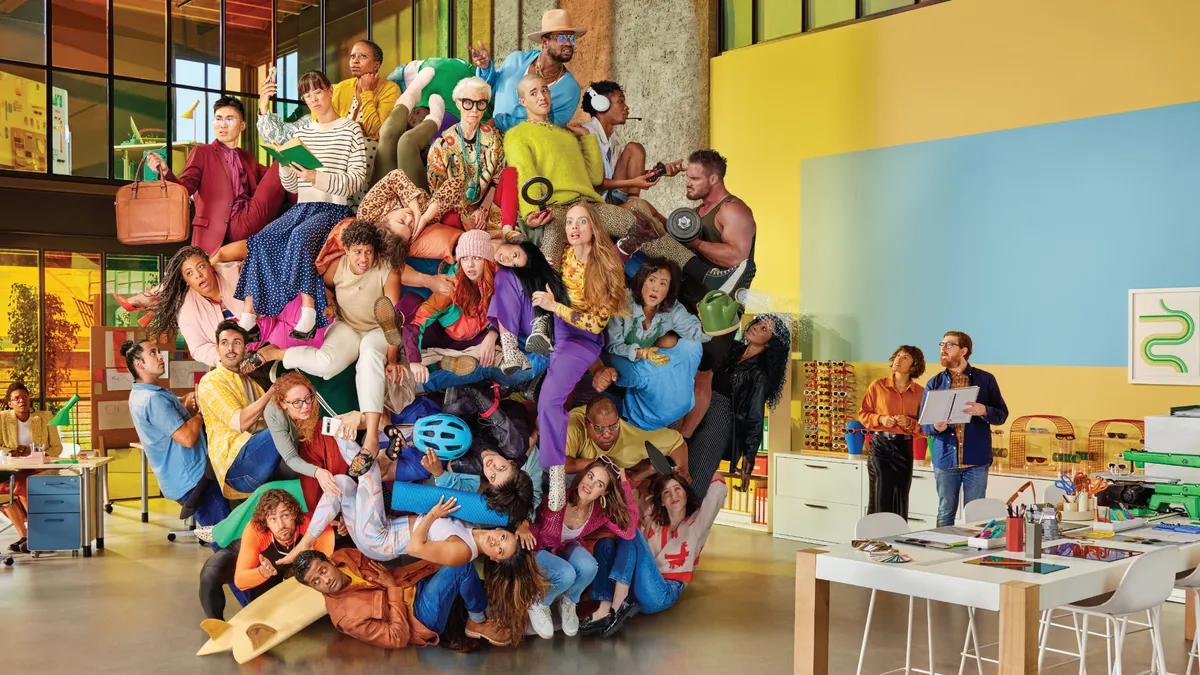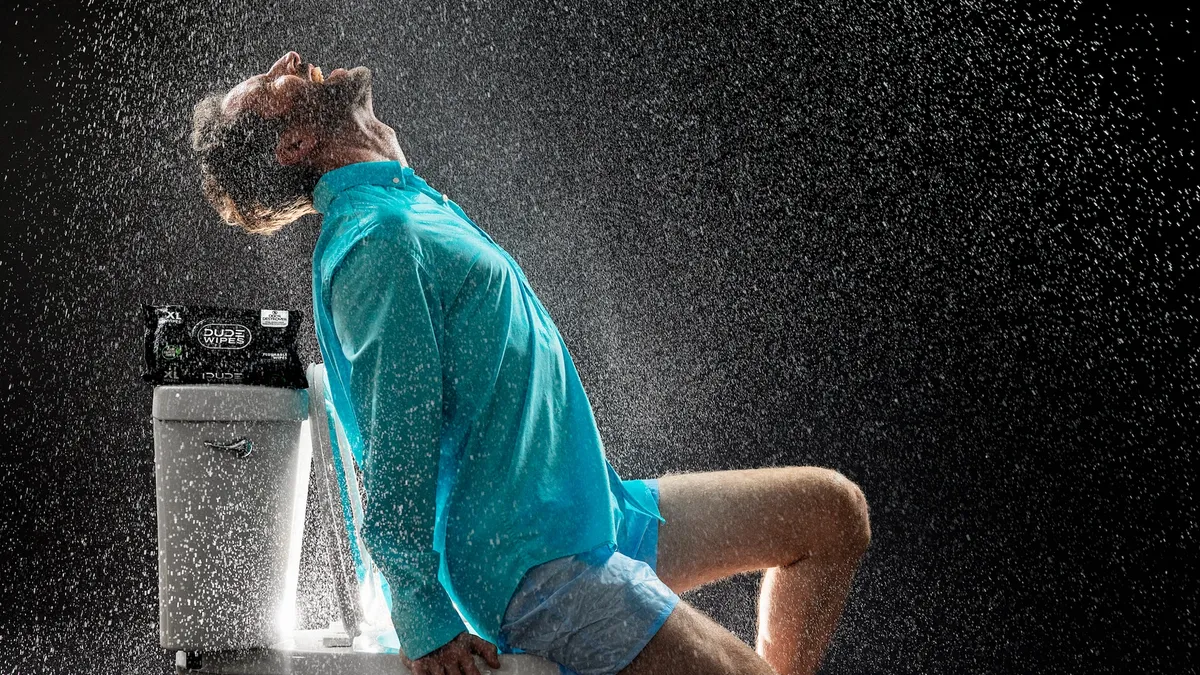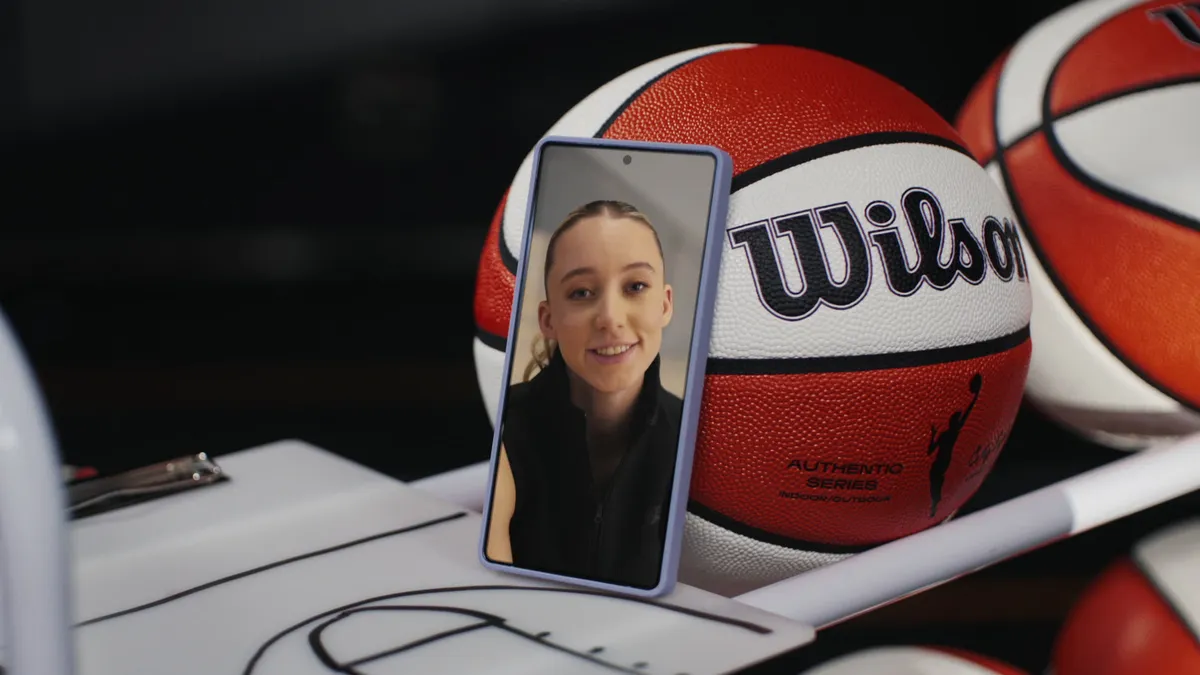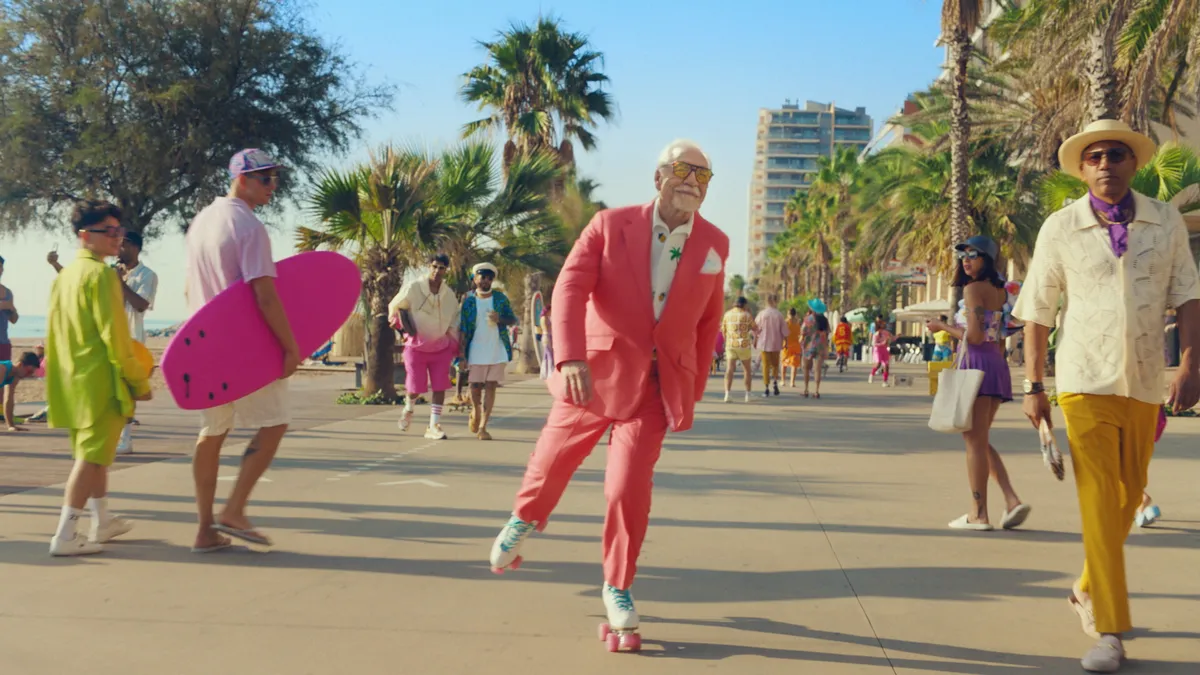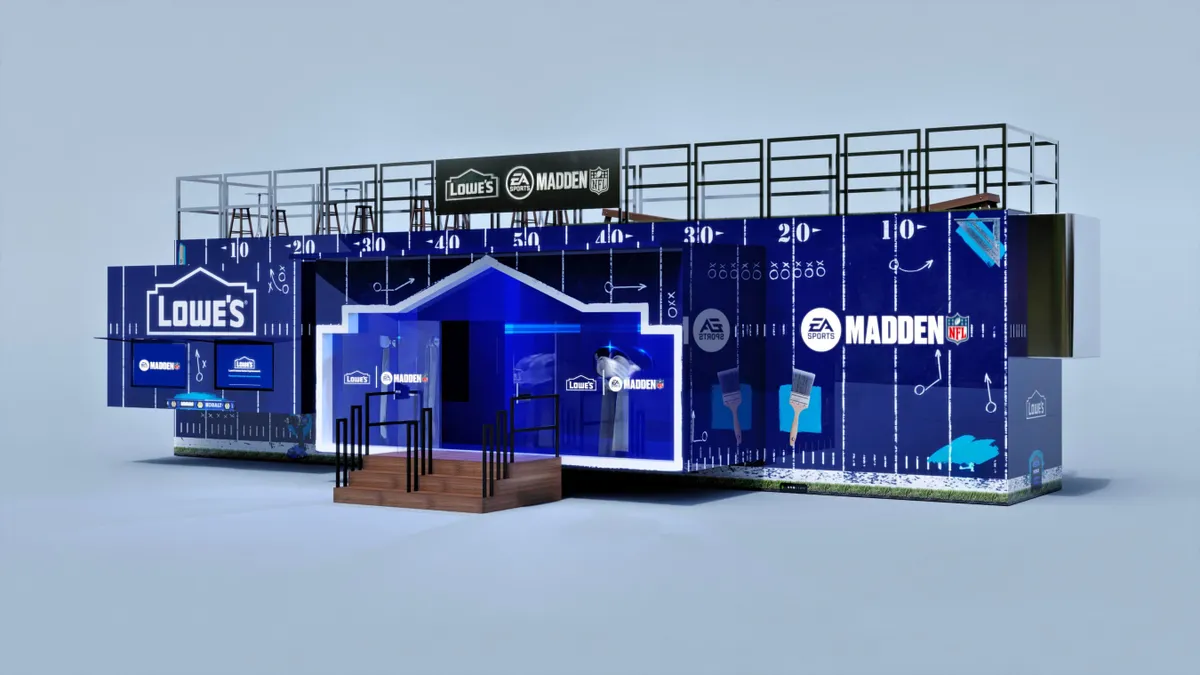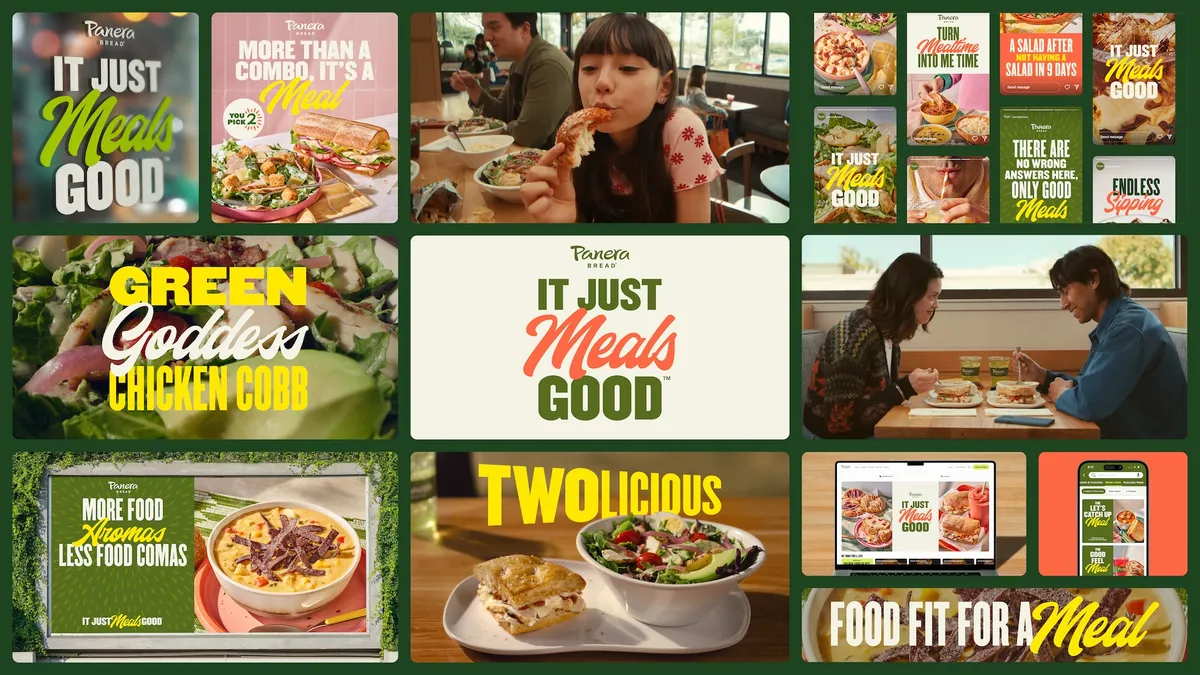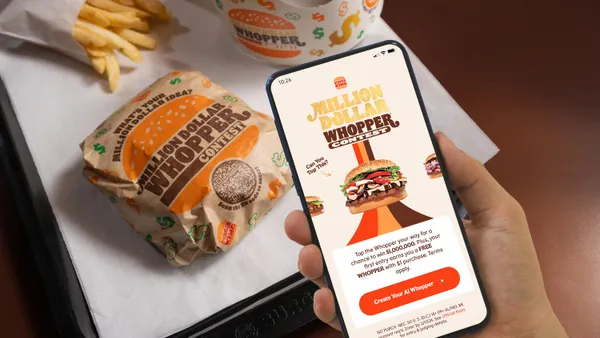Campaign Trail is our analysis of some of the best new creative efforts from the marketing world. View past columns in the archives here.
For small and midsize businesses, marketing to customers can require the same level of personalization sought by major brands.
“Personalization really helps spur a ton of business and makes customers feel like they’re being heard and that they’re not just another cog in a brand’s wheel,” said Javier Molinos, creative director at Intuit Mailchimp’s in-house agency Wink Creative. “They can become more emotionally invested in a brand when they feel like the brand is taking care of them properly and talking to them in the right way at the right time.”
But without the right tools, some of these businesses end up spamming and blasting all of their customers at once. This familiar customer experience is brought to life in a new Mailchimp campaign created by Wink Creative alongside production companies Prettybird and Breakfast for Dinner and director Calmatic.
In “Turn Clustomers into Customers,” business customers are presented as a “clustomer”: a mass of diverse people jumbled together as a giant ball. In a 30-second spot, each person — whether an influencer, yoga practitioner, musician, cyclist or office drone — receives a personalized email that allows them to separate from the clustomer collective and become a singular entity once again.
For Mailchimp, the “clustomer” idea creatively illustrates a pain point shared by marketers and customers and introduces its platform’s value proposition: Allowing businesses to personalize at scale whether their customer list is 10 people or 10,000.
“[Our customer bases] have all of these different people, all with different buying behaviors, goals and purchase patterns,” said Pete Kehr, associate creative director at Wink. “We want to be like the Coinstar machine for our customers. We help them sort them, segment them and then market to each one of those customers, as uniquely as possible.”
From AI rabbit hole to a ‘circus act’ production
Once Wink Creative landed on the “clustomer” concept, the team went “down the AI rabbit hole” to help determine what a clustomer would look like. The agency has been working with artificial intelligence for a while, and its parent company recently introduced Intuit Assist, a generative AI platform.
“I just started to prompt [AI program] Midjourney with different words,” Kehr said. “We were trying to find some sort of bold, eye-catching visual representation of what a customer was going to be.”
While generative AI has been a hot topic in marketing all year, Kehr noted that the human element was still key and that automation won’t do “your entire job for you.” Wink still had to figure out the emotional mind states of the various customers in the ball and write dialogue and scenarios that would deepen the campaign and be used in bumper ads and six-second clips on social.
The most striking part of the campaign is the clustomer itself, which was created practically in production and resembles a Cirque du Soleil act comprised of both traditional actors and contortionists. A multi-day shoot for the spot ended up being rewarding not just for Wink and its partners, but also some of the performers in the clustomer.
“You stick people in an enclosed space for a while, they’re gonna get to know each other, and by the end of the shoot, a lot of the cast members had developed genuine relationships, exchanging numbers and [making plans to] keep in touch,” Kehr said.
In-house insight
“Turn Clustomers into Customers” is the latest work from Wink, an in-house agency that was founded in 2020. The shop now employs more than 40 creatives and was named Ad Age’s in-house agency of the year. While both Molinos and Kehr came up in the agency world — past gigs include Wunderman Thompson, J. Walter Thompson and 22squared between them — the in-house approach has distinct benefits.
“It sharpens everything,” said Molinos. “The fact that [the clients] are your co-workers… a lot of the friction that might be within a traditional agency-client relationship is broken down, and conversations feel a lot more casual and inclusive.
“The greatest strength that any in-house place has is that they really know the product better than anybody else,” he continued. “We live it, breathe it, every day. So it’s kind of a superpower… it is definitely unique in terms of speed and closeness.”



